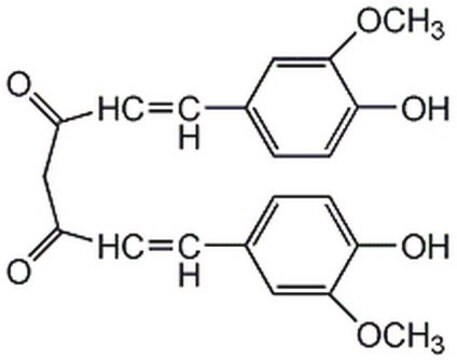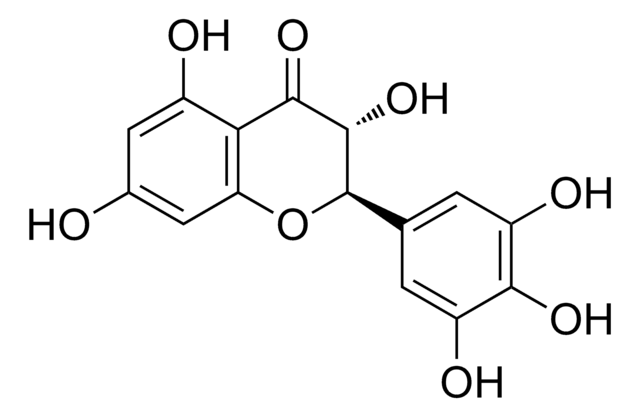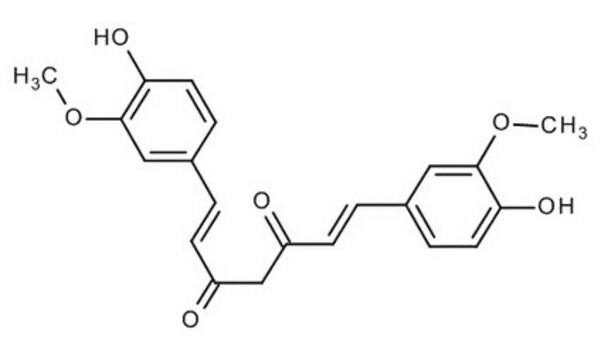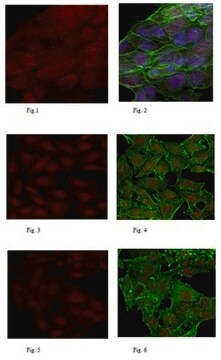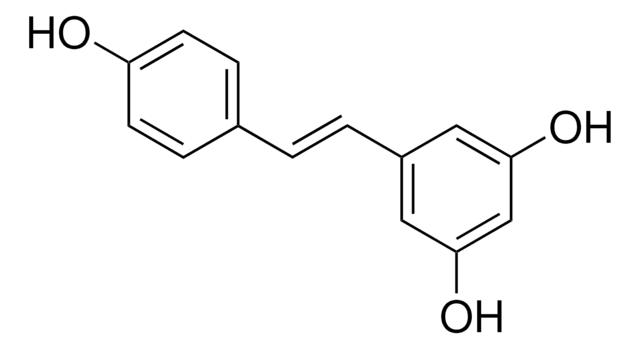Kluczowe dokumenty
SML4070
Dihydromyricetin
≥98% (HPLC)
Synonim(y):
(+)-Ampelopsin, (+)-Dihydromyricetin, (2R,3R)-3,5,7-trihydroxy-2-(3,4,5-trihydroxyphenyl)-2,3-dihydrochromen-4-one, Ampelopsin, DHM
About This Item
Polecane produkty
Poziom jakości
Próba
≥98% (HPLC)
Formularz
powder
warunki przechowywania
protect from light
kolor
white to beige
rozpuszczalność
DMSO: 2 mg/mL, clear
temp. przechowywania
-10 to -25°C
ciąg SMILES
O1[C@@H]([C@H](C(=O)c3c1cc(cc3O)O)O)c2cc(c(c(c2)O)O)O
Klucz InChI
KJXSIXMJHKAJOD-LSDHHAIUSA-N
Działania biochem./fizjol.
Kod klasy składowania
11 - Combustible Solids
Klasa zagrożenia wodnego (WGK)
WGK 3
Temperatura zapłonu (°F)
Not applicable
Temperatura zapłonu (°C)
Not applicable
Wybierz jedną z najnowszych wersji:
Certyfikaty analizy (CoA)
It looks like we've run into a problem, but you can still download Certificates of Analysis from our Dokumenty section.
Proszę o kontakt, jeśli potrzebna jest pomoc Obsługa Klienta
Masz już ten produkt?
Dokumenty związane z niedawno zakupionymi produktami zostały zamieszczone w Bibliotece dokumentów.
Nasz zespół naukowców ma doświadczenie we wszystkich obszarach badań, w tym w naukach przyrodniczych, materiałoznawstwie, syntezie chemicznej, chromatografii, analityce i wielu innych dziedzinach.
Skontaktuj się z zespołem ds. pomocy technicznej
